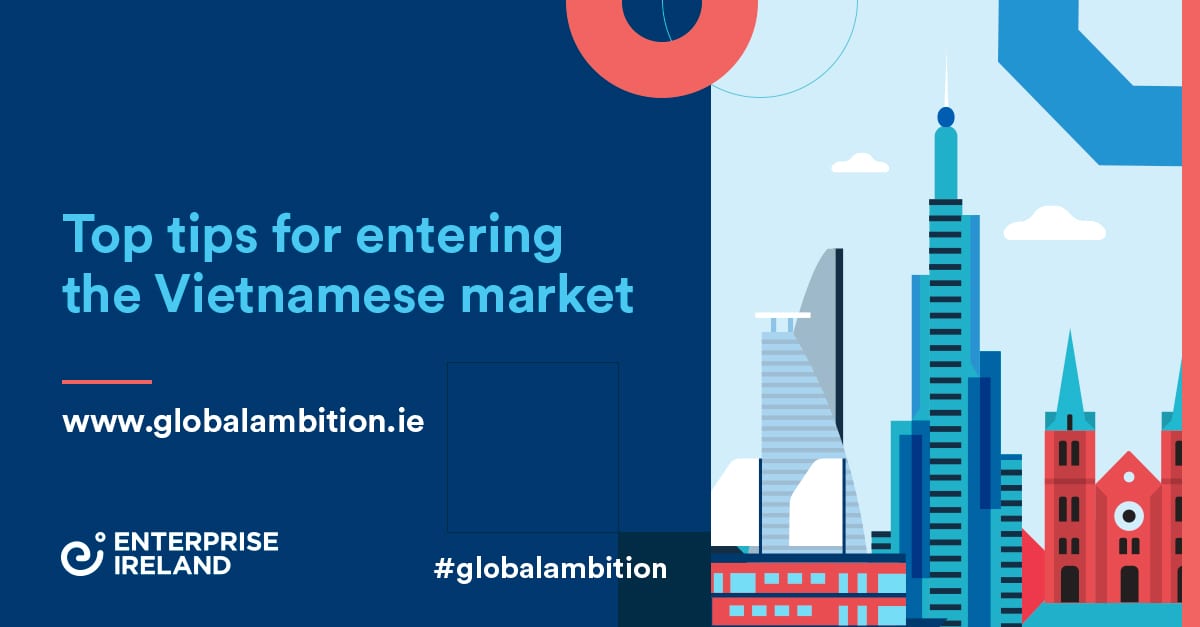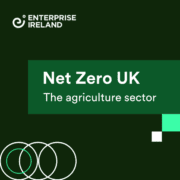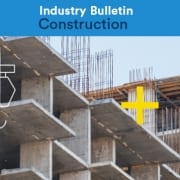Modular Automation: Creating and nurturing the women leaders of tomorrow in Ireland’s engineering sector
What do you do to promote gender balance in an industry when there are simply not enough women actually coming through the educational process? This was the issue faced by Shannon-based Modular Automation, a cutting-edge provider of complete automation integration solutions for the medtech sector in Ireland, Europe, North America and beyond. Engineering, particularly electrical and mechanical, tends to be very male-dominated, a fact discovered by Modular’s CEO, Vivian Farrell.
With a background in strategic marketing and working at a management level in Bank of Ireland, Sherry Fitzgerald and Vodafone, Vivian joined Modular seven years ago to head up their brand marketing and communications. “After spending 11 years with Vodafone in their headquarters, I wanted to explore something different as I had three small children by then. I decided to move back to Tipperary, near to where I was from, and discovered that the west of the country was a hotbed for medtech, with a lot of big names here. I didn’t know a lot about the industry but I was interested, and when a marketing role came up in Modular, I decided to go for it.”
As a non-engineer and a woman, Vivian found herself something of a rarity in the industry. “It’s unusual to come across another female CEO in these circles, or women in leadership roles, because engineering tends to be quite male-dominated. Things are changing but it’s slow.
“Currently, there are 170 people on the Modular team. Creating a gender balance is extremely important to us and we have a number of initiatives to boost this.” says Farrell.
“Currently we’re at 10%, which isn’t exactly where we want to be, but it reflects the type of business that we’re in. We’ve set ourselves a target as a management team of getting to 30% by 2025. The 10% are mostly outside of the core engineering roles in our business.”
New initiatives
Their gender-balance target is ambitious, but Vivian says they are working hard to achieve it. “In the last 12 months we introduced paid maternity leave, something that’s very common in the multinational space, but more unusual for an SME. We put this into place to promote a better gender balance – but also to compete with those multinationals for talent. We also celebrate any big days, for instance, we celebrated International Women’s Day by giving every woman in the business a copy of Michelle Obama’s book, ‘Becoming’.
“We’re also very vocal about being inclusive as a company and talking about our 30% goal – this in a way is setting out our stall for potential employees.” says Farrell.
Like many companies in the sector, Modular also offers an apprentice scheme. “Traditionally our apprentice schemes would be in electrical engineering and tool-making – we have not had even a single female application for these. But we are rolling out new apprenticeships to other areas of the business, and I think that will provide another career path for women.”
Back to the start
In such a male-dominated industry, change takes time, and Vivian believes it needs to go back to the schools. “Female applicants are still few and far between. So it’s a long game – we need to be engaging with girls at Junior Cert stage or even earlier. We are seeing little glimmers of success; for me, in the role that I’m in, I feel the responsibility of showing girls that they can get to a leadership role in the industry.
“I’m involved in an initiative called Explore Engineering, which is led by key business leaders in the Midwest, along with the two main educators, UL and LIT. Our role is to increase the supply of engineers into the Midwest region; a key part of that is to get girls to consider engineering as a career choice. So for us at Modular, we are going to schools and talking to the students, building relationships with the principals and career guidance teachers, encouraging skill-building visits to us and other businesses, getting them to meet some of our younger engineers to learn more about the job.”
The battle, then, is to get women into the industry first, then to nurture their talent to get them into a leadership role. “It’s not easy to be the only woman in a big team of men and it’s about nurturing them and keeping an eye on them to make sure they progress. As a leader, you have to be aware of that and ensure you have strategies in place to help them prosper in those types of environments. For instance, offering greater flexibility so parents can juggle caring and their jobs by offering working from home options or allowing flexible working hours to accommodate the school run – which I have myself.
“Being a working mum myself, I know what it’s like and what you need, so I can bring that understanding to the organisation to try and make it a better place for women to work.”
Ultimately, however, getting that balance is worthwhile on a business level, Vivian explains.
“Our business is built on designing and building equipment, creating new solutions; that environment requires a high level of creativity and idea generation so therefore needs as much diversity of thought and opinions as possible.”
But while organisations can make a change on a small and local level, ultimately, we need to change on a national level. “This is such a difficult, complicated topic, and it has to be a national conversation in order to change things,” says Vivian. “Organisations like Enterprise Ireland have a part to play, and something like The Level Project will certainly help to bring the topic into the spotlight. Having two daughters myself, I’ve seen the lack of awareness as they go through school. It’s a cultural change so it takes time.”


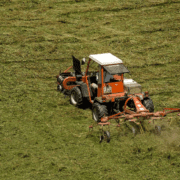
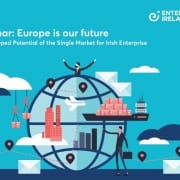

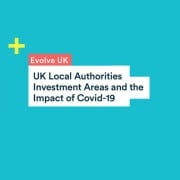

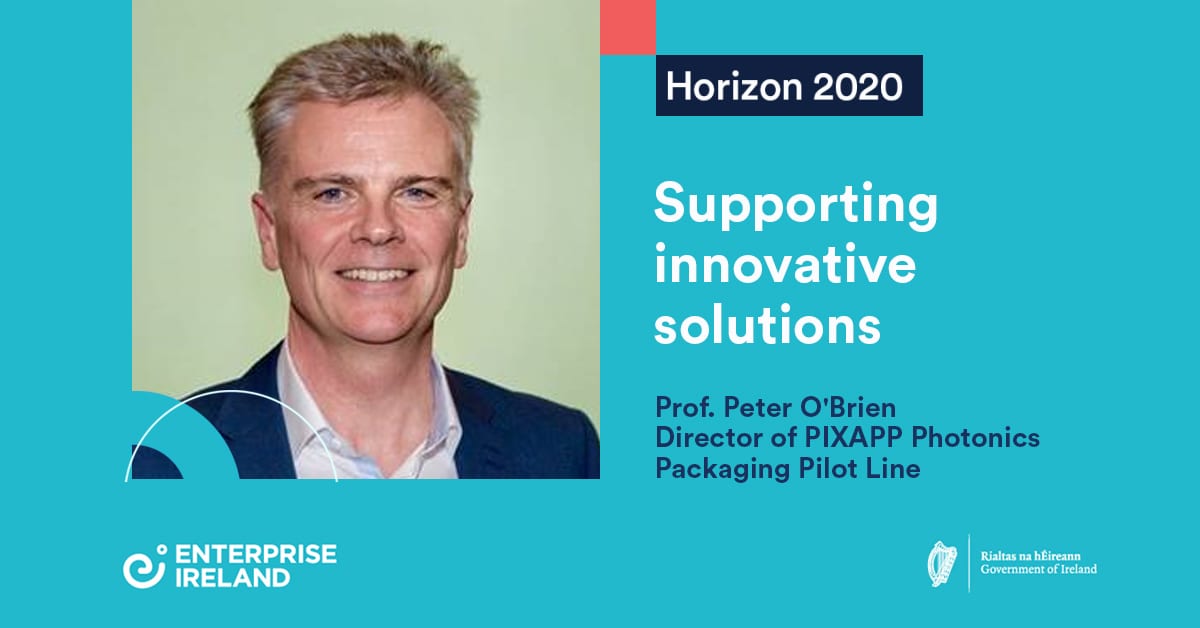
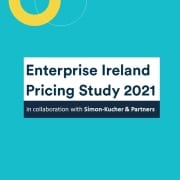
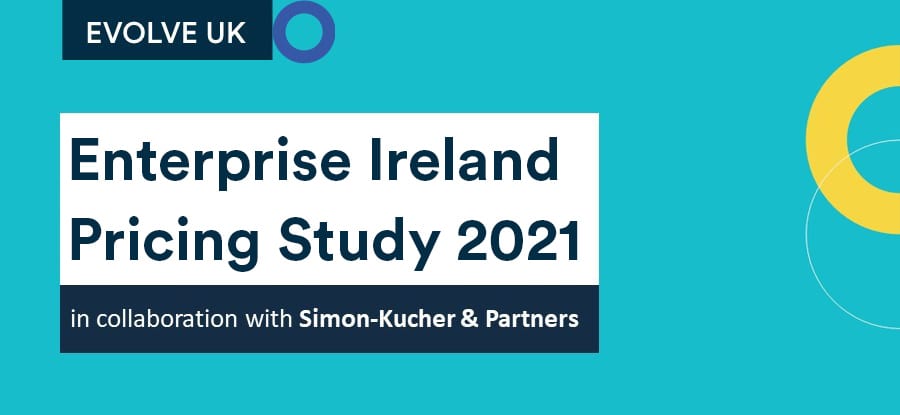

 “
“

